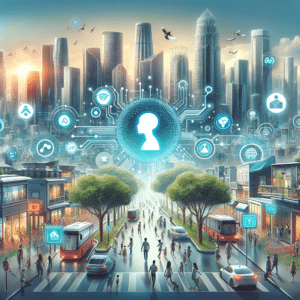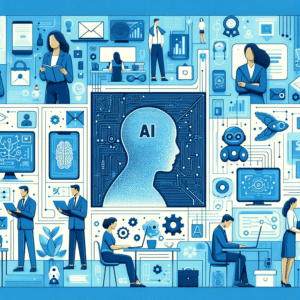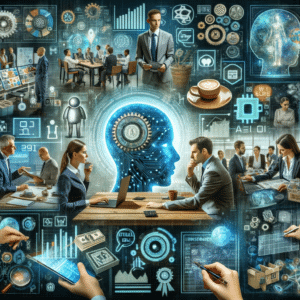At a time when artificial intelligence (AI) seemed like science fiction, few would have imagined the profound impact of AI on our daily lives. Today, AI is no longer a simple technological curiosity; it has become a central element in our routines, radically transforming the way we live, work and interact: GPS, searches, voice transcription, recommendations…
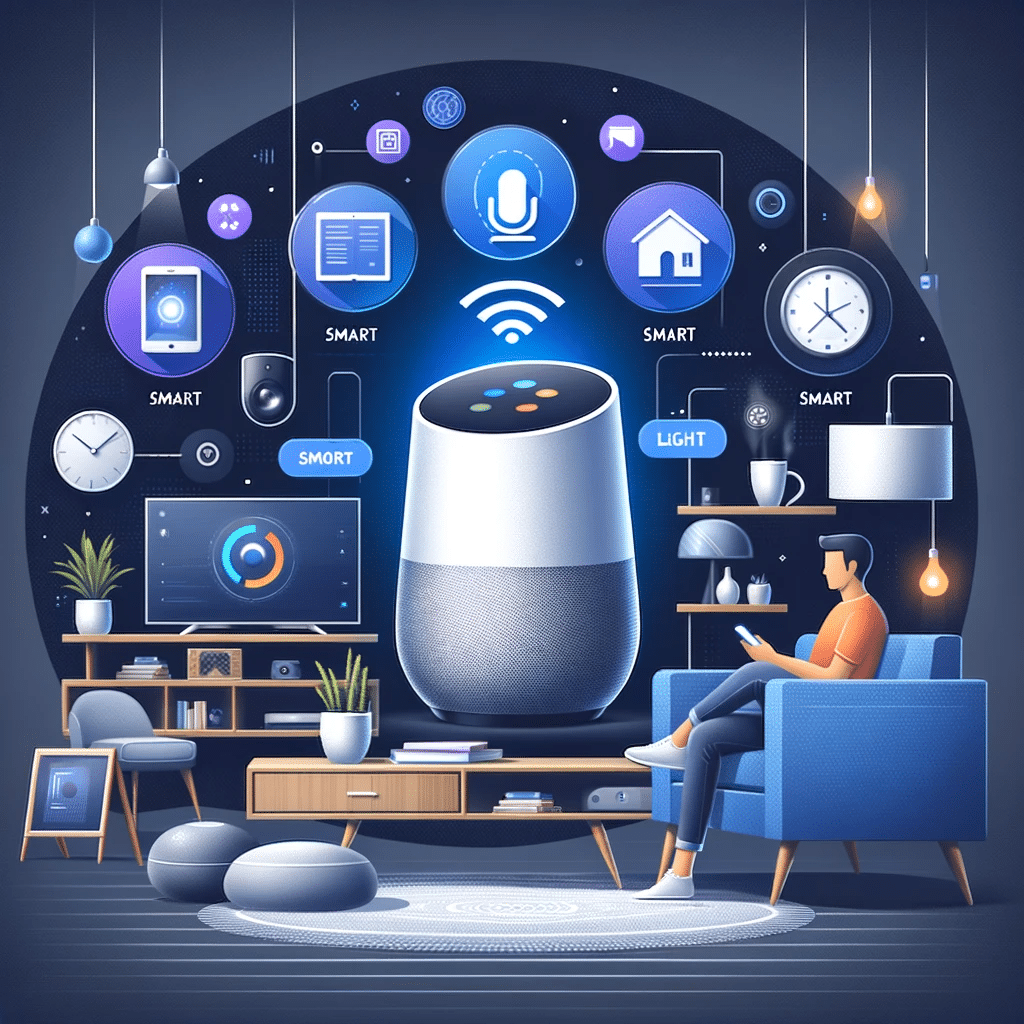
Voice assistants: daily companions
An easy example of this integration is the rise of voice assistants like Alexa, Siri, and Google Assistant.
These artificial intelligences are no longer confined to smartphones and computers; they now inhabit our homes, acting as personal assistants that control our smart devices, manage our calendars, and even make purchases for us. Their ability to understand natural language and learn from our preferences makes them more intuitive and useful every day.
But these assistants arrived in the “pre-chatGPT” era and we must expect a major evolution in the field of possibilities in the years to come.
Personalized online recommendations
AI is also revolutionizing the online shopping experience. Giants like Amazon and Netflix use complex algorithms to analyze our consumption habits and offer us highly personalized recommendations. These systems constantly learn from our interactions, refining their suggestions to closely align with our tastes and preferences.
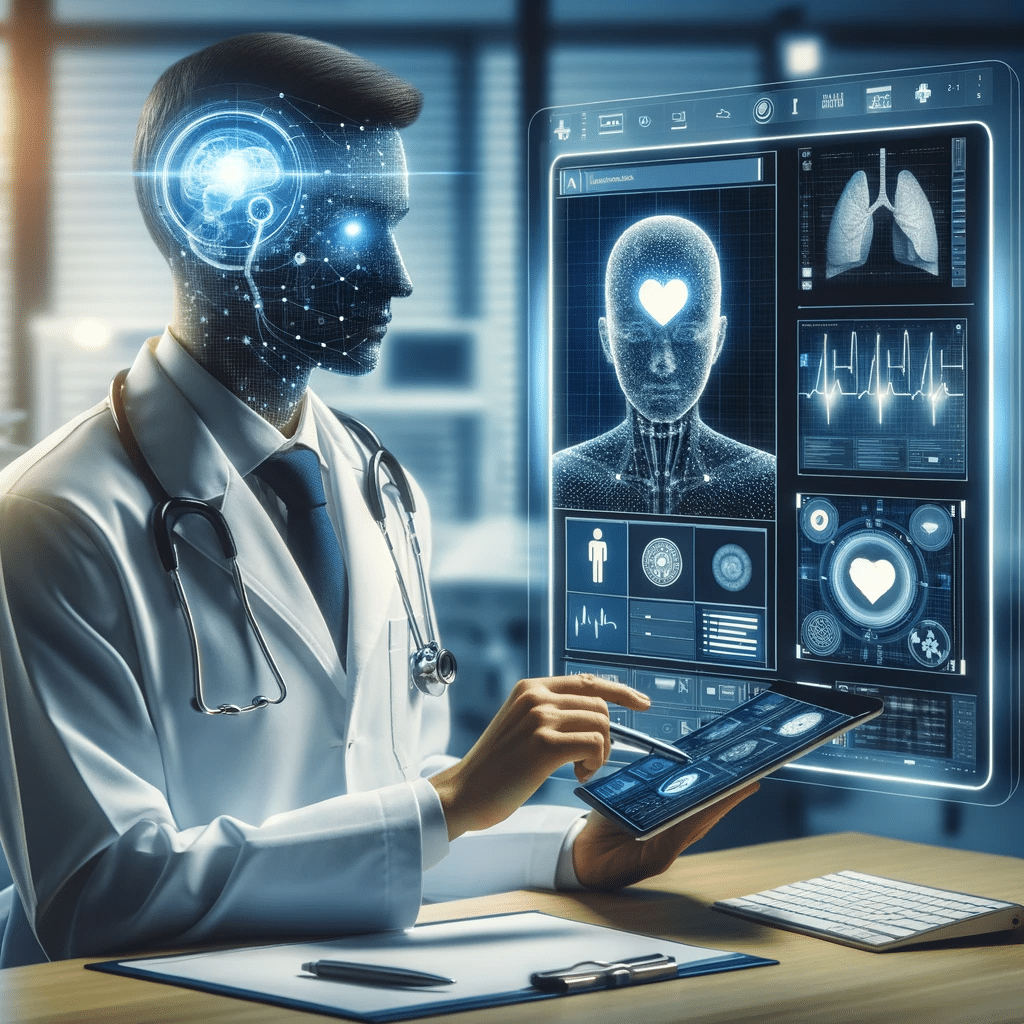
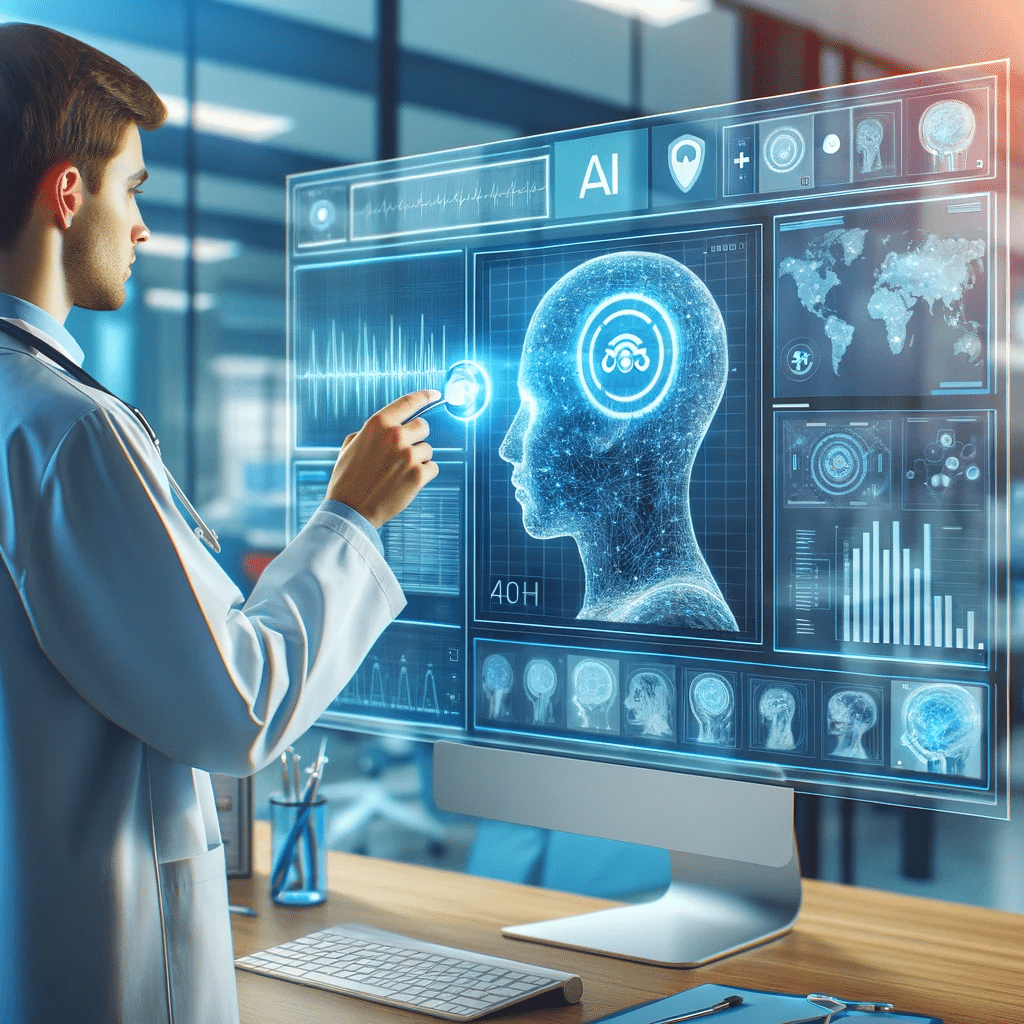
AI in healthcare
Health is another area undergoing profound transformation by AI. From fitness tracking apps to AI-assisted medical diagnostics, technology plays a crucial role in managing our well-being.
For example, apps on smartwatches can analyze health data in real time and provide personalized advice, while in hospitals, AI helps doctors diagnose illnesses faster and more accurately.
Impact on work and education
AI is also transforming the way we work and learn. Intelligent automation tools take care of repetitive tasks, allowing employees to focus on more creative and strategic activities.
In education, AI offers personalized learning experiences, adapting content and pace according to the needs of each learner.
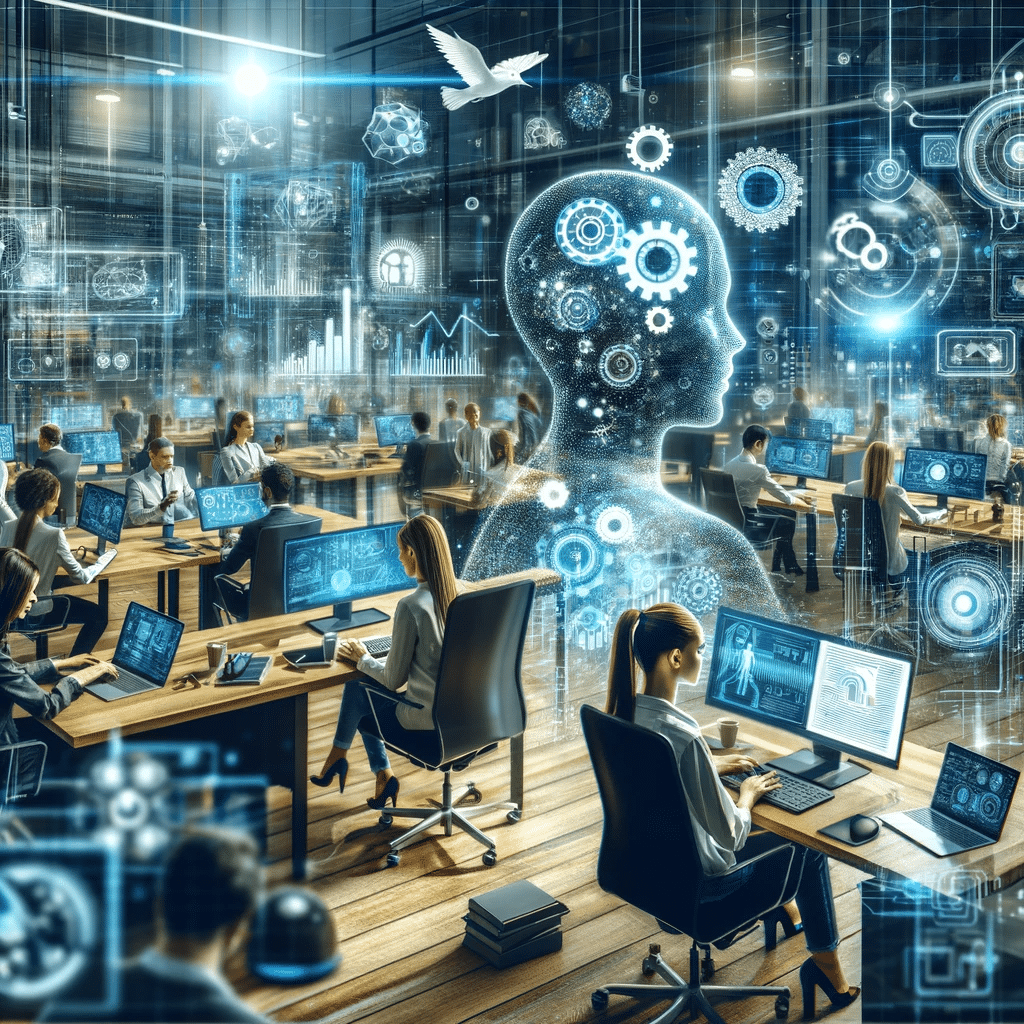
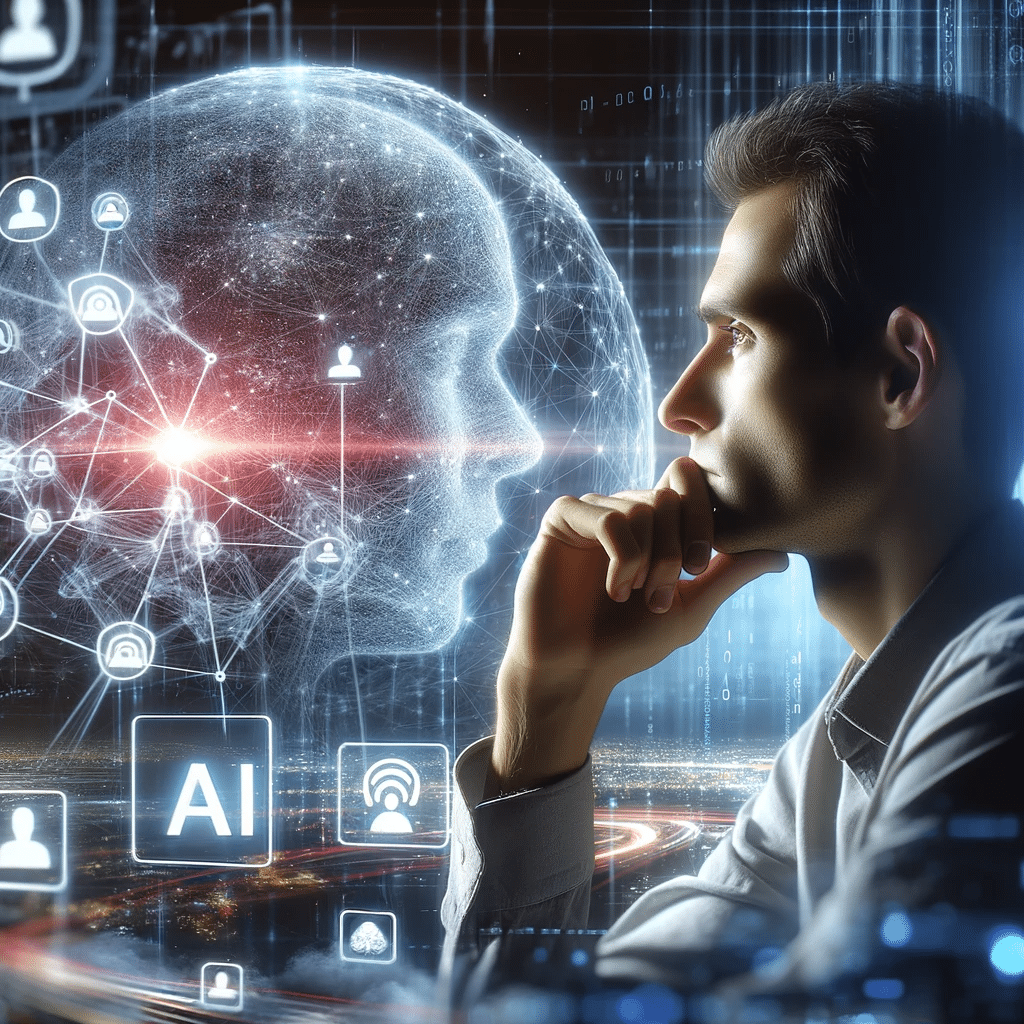
Challenges and ethical considerations
This increasing integration of AI into everyday life raises important questions about privacy, data security and ethics.
It is crucial to develop and use these technologies responsibly, ensuring that they serve the general interest and respect our fundamental values.
The political challenges linked to data control are colossal and often underestimated. The Cambridge Analytica affair opened our eyes to existing practices, but with the explosion of applications using personal data, most of the risk remains to come.
Everyday AI is no longer a distant vision of the future; it has become an integral part of our present. By transforming our daily habits, everyday AI opens the doors to a future where technology and humanity intersect in a more harmonious and efficient way. The important thing is to navigate this day-to-day era of AI with awareness and caution, embracing its benefits while remaining vigilant in the face of its challenges.
